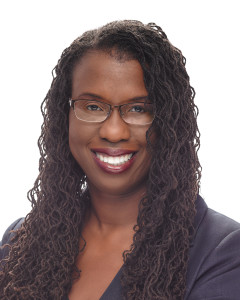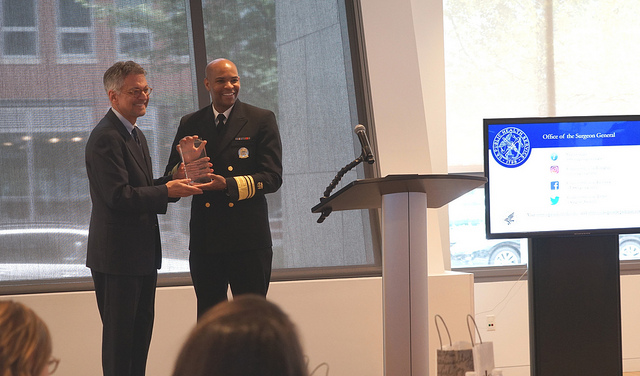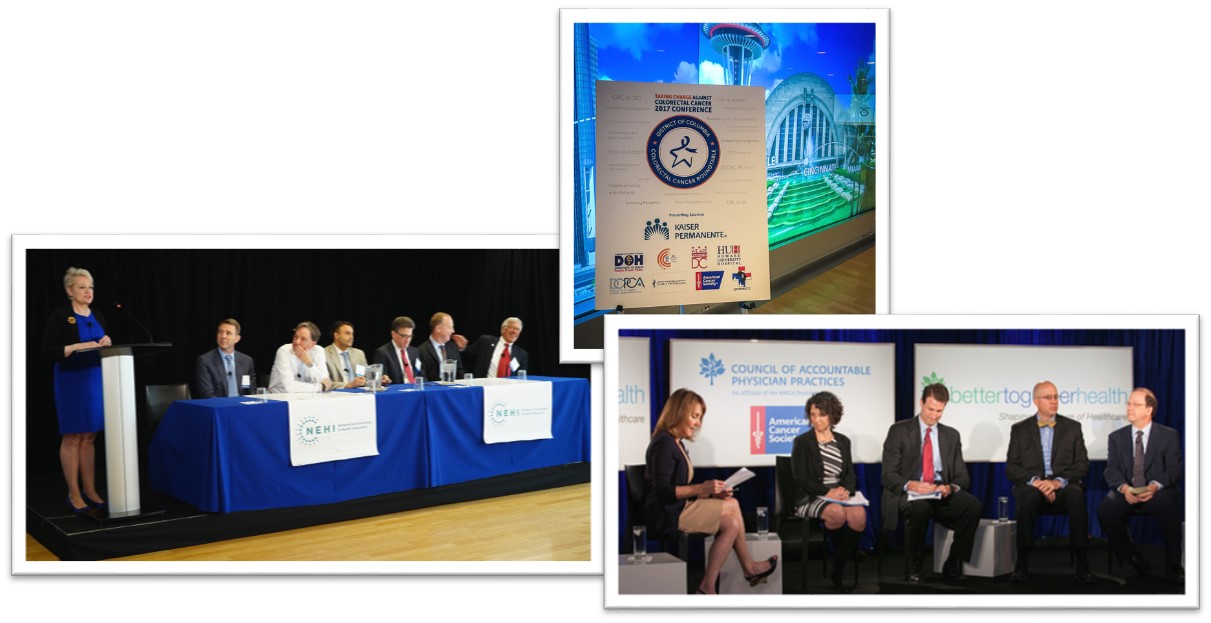
On October 28, 2015, Carla Sandy, MD, will be installed as the President of the Medical Society of the District of Columbia at the Kaiser Permanente Center for Total Health.
Dr. Sandy is a practicing OB/Gyn specialist at Kaiser Permanente Capitol Hill Medical Center in Washington, DC and Service Chief, Obstetrics and Gynecology, District of Columbia/Suburban Maryland, Mid-Atlantic Permanente Medical Group.
The Center for Total Health team chatted with Dr. Sandy recently about her thoughts on Total Health and the Presidency.
All members of the community are welcome to attend the 2015 Annual Meeting and Reception of MSDC – click here for more information
1. In a few words, what does Total Health mean to you?
It’s the physical and emotional connection, and making sure it is taken care of optimally. As physicians, we are good at finding physical signs and symptoms. We need to dig to find out what the real causes are of less-than total health.
I ask my patients questions such as “what else is going on with you,” and “what is your work environment like.” I’ll take a few more minutes to figure out what it is (that’s keeping someone from total health). I tell patients, the nice thing about talking to me is that you’re talking with someone confidentially, which gives a patient permission to disclose what’s going on in their life.
2. What’s your first health-related memory?
Chicken pox. That was not a fun time at all.
3. Was there a specific patient that has had an impact on you in your training?
In my second year of training – I had a really difficult patient, a teen, 17-18. It was her second pregnancy, and she was living in a very unstable home situation. We ran a clinic where I trained, at Washington Hospital Center, for teen moms. One day I was expressing frustration over this patient and one of my attendings said to me, “Despite how she’s making you feel, she still needs us.”
4. Which person, living or dead, is your health hero or role model?
My grandfather is my health hero. He is 101 years old and still active. Every day he gets up and walks out to his fruit trees and picks something to eat. In addition to a plant based diet, he exercises daily and takes time for spiritual rejuvenation and meditation. He is an inspiration to me.
5. What is your favorite food?
Macaroni and Cheese. I should have probably said something like apples…. but, everything in moderation!
6. What do you value most in your work? What inspires you to continue?
Definitely direct patient care. I will always have some type of patient care somewhere in my career. Most of the physician leaders in the Mid-Atlantic Permanente Medical Group still engage in direct patient contact and I think it’s important to keep that piece.
7. Where would you most like to live?
I always wanted to live in Manhattan, and my husband always asked, “Why?”
A few months ago, I went to a conference in Manhattan and realized I could never live there.
8. What do you consider your greatest achievement so far?
Being Chief of the Department has meant the most to me in my career. It’s not only a validation of the work I’ve been doing, earning the respect of my boss and my Department, it’s also knowing they respect me and that we work together cooperatively to improve patient care.
9. What health disparities are you passionate about?
As an OB/Gyn, I’m concerned about maternal access to care and the quality of care. I work with a patient population that has a higher rate of pre-term deliveries. We’ve been working to mitigate the risk factors to see if we can change the narrative and improve those results.
10. Besides your leadership role within Kaiser Permanente, you have recently been elected as president of the Medical Society of DC. What excites you the most about that new role?
I’ve been on the MSDC Board for three years, and MAPMG is one of the largest medical groups in this area.
There is an ongoing shift of physician practice types. More and more physicians who are employed instead of in private practice. I am showing the physician community that yes, things have changed as more physicians are employed and that’s very different. However, we still have the same patients who have the same issues. The reason I said “yes” then, is to show that I am a physician first and I still have the same concerns about my patients receiving the best care. As physicians, we need to stand together.



